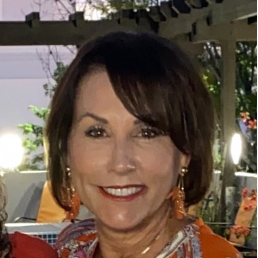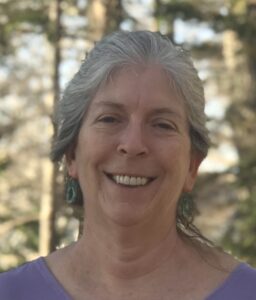Research
Discover the Latest Research on Intercultural Transition and Adjustment with The Interchange Institute

Research on the process of moving to and living in a new culture is one of the central activities of The Interchange Institute. We use our findings as the basis for all our other activities. Our publications, training, consulting and writing are all based on the latest, cutting-edge research on intercultural transition and adjustment.
See a summary of our recent work below or contact us to start work on a collaborative research project .
Download our free research reports:

Building and Nurturing Your Intercultural Career (Executive Summary Only)
Interculturalists do many different kinds of work, in many different cultures and countries and organizations, each with its own set of norms, entry requirements and expectations. Most interculturalists have had careers outside the intercultural field, developing skills and gathering a wide range of credentials along the way. No wonder there is no internationally-agreed on set of professional criteria. Newcomers to the field have little guidance about how to get started, how to assess the relevance of their other credentials, how to build their business and how to know when they are ready to offer their services. Few have a mentor to help them. We set out to offer them some guideposts.
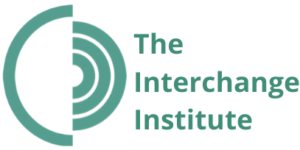
Many Women Many Voices
A study of 194 women who moved to a new country primarily because of their husbands’ jobs – what helped and what hurt their changes of adjusting smoothly to their new lives.
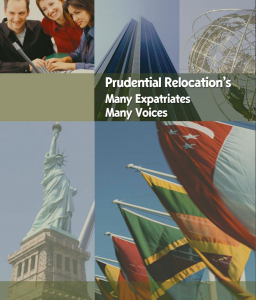
Many Expatriates Many Voices
A study of 101 accompanying spouses and partners who had recently moved to the US because of their spouse/partners' job, focusing on their reactions to Americans, what made a difference in their adjustment, and which services helped smooth their way.

What to Wear Where: Mishaps in the Presentation of Identity
We explore an important mode of non-verbal communication: our physical appearance and the messages we send about our identity, both knowingly and unknowingly, when we get up in the morning, fix our hair, slip on our shoes, pick out our jacket and walk out the door.
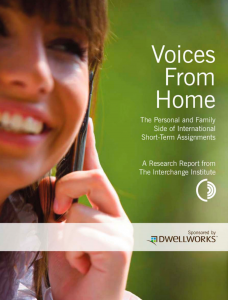
Voices from the Road: The Personal and Family Side of Short-Term International Assignments and Extended Business Travel: Spouses’ Perspective
In Phase II of the study we surveyed spouses of employees on such unaccompanied assignments, asking for their perspective on the assignment. What is it like for the family to stay at home? What jobs, roles and stresses does the at-home parent need to absorb? If he’s not there to talk to, confide in, offer advice or solace, have fun with, what’s she to do? How do families cope with the revolving exits and entrances of the employee? Just when they’ve gotten used to his being gone, he’s home for a visit. Do they return to their old pattern of decision-making, or having gotten used to managing on her own, does she resent his “interference?” In short, are short-term assignments good for marriages, or even “OK” for marriages? And the children? How absent can a parent be and still maintain a loving and supportive connection to a child? What kinds of parenting can – and can’t – be offered by telephone and email? What events (like school plays, graduations, and games) are so important they can’t be missed, and do the parents and children agree on the answer to this question?
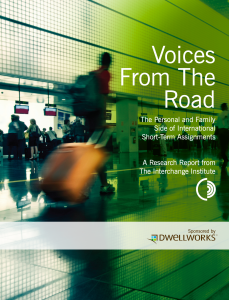
Voices from the Road: The Personal and Family Side of Short-Term International Assignments and Extended Business Travel: Employees’ Perspective
In Phase I of this study we surveyed 1461 employees on unaccompanied short-term international assignments and extended business travel. We measured and compared aspects of both the work and family context of the assignment, and work and family outcomes. Results led to recommendations for families and sponsoring organizations.
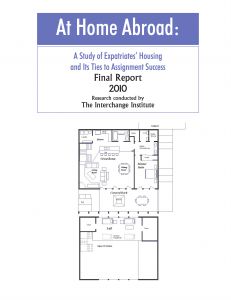
At Home Abroad: How Design and Architecture Influence Overseas Living
A look at the importance of home environments on overseas living. We examined the relationship between housing layout and expatriate adjustment among 130 participants, who shared their experiences of choosing and settling into a home in a new country, and their thoughts about how their new home’s design influences their cultural and family experience living overseas.
